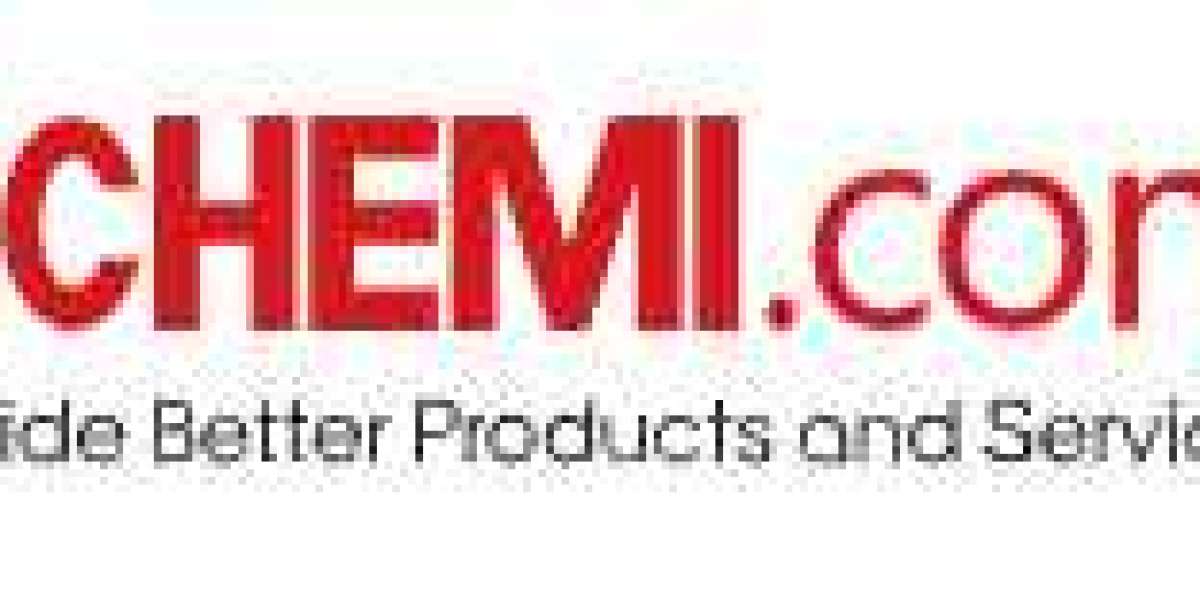Certification and compliance play a significant role in ensuring the quality, safety, and reliability of chemical products supplied by manufacturers and distributors. chemical suppliers must adhere to strict standards and regulations to meet customer requirements, protect public health and safety, and maintain industry credibility. Here is an introduction to the importance of certification and compliance for chemical suppliers.
Quality Management Systems: Certification of a quality management system (QMS), such as ISO 9001, demonstrates a supplier's commitment to quality control and customer satisfaction. By implementing and maintaining a QMS, chemical suppliers establish standardized processes, procedures, and documentation to ensure consistent product quality. Certification provides assurance that the supplier has robust quality control measures in place, leading to reliable and high-quality chemical products.
Regulatory Compliance: Chemical suppliers must comply with numerous regulations and standards to ensure the safety and legality of their products. This includes compliance with regional, national, and international regulations, such as REACH (Registration, Evaluation, Authorization, and Restriction of Chemicals) and GHS (Globally Harmonized System of Classification and Labelling of Chemicals). Compliance with these regulations helps protect human health, safety, and the environment. Certification and compliance demonstrate a supplier's commitment to meeting regulatory requirements and delivering safe chemical products.
Product Certification: Certain chemical products require specific certifications to validate their performance, safety, or environmental attributes. For example, certification for eco-friendly or sustainable chemicals verifies their compliance with specific environmental criteria. Certification programs, such as the Environmental Choice Program or the EU Ecolabel, provide assurance that the chemical supplier's products meet stringent environmental standards. Product certification enhances a supplier's credibility, supports sustainable practices, and meets customer demands for environmentally friendly solutions.
Hazardous Material Handling and Transportation: Chemical suppliers must comply with regulations governing the handling, storage, and transportation of hazardous materials. This includes adhering to regulations such as the Department of Transportation (DOT) regulations in the United States or the International Maritime Dangerous Goods (IMDG) code for international shipments. Compliance with these regulations ensures the safe handling and transportation of chemicals, minimizing the risk of accidents, spills, and environmental contamination.
Supplier Audits and Inspections: Customers and regulatory bodies may conduct audits and inspections of chemical suppliers to assess their compliance with standards and regulations. These audits verify that suppliers have appropriate processes, facilities, and documentation in place to ensure product quality, safety, and regulatory compliance. Successful audits and inspections demonstrate a supplier's commitment to meeting industry standards and regulatory requirements, instilling confidence in their products and processes.
Ethical and Social Responsibility: Certification and compliance also extend to ethical and social responsibility standards within the chemical industry. For example, suppliers may seek certifications related to responsible sourcing, fair trade practices, or labor standards. Compliance with these standards ensures that suppliers operate ethically, respect human rights, and uphold fair labor practices. Certification in these areas demonstrates a supplier's commitment to social responsibility and sustainability.
Customer Expectations: Certification and compliance are increasingly important to customers who expect their chemical suppliers to meet specific standards and requirements. Customers rely on certified suppliers to provide high-quality, safe, and compliant chemical products. Certification and compliance give customers confidence in the supplier's ability to deliver products that meet their needs and align with their own quality and safety standards.
In conclusion, certification and compliance are essential for chemical suppliers. They demonstrate a supplier's commitment to quality, safety, regulatory compliance, and sustainability. Certification and compliance programs provide assurance to customers, regulatory bodies, and other stakeholders that chemical suppliers meet industry standards, adhere to regulations, and deliver reliable and safe chemical products. By maintaining certification and compliance, chemical suppliers enhance their reputation, gain a competitive edge, and contribute to the overall safety and integrity of the chemical industry.



